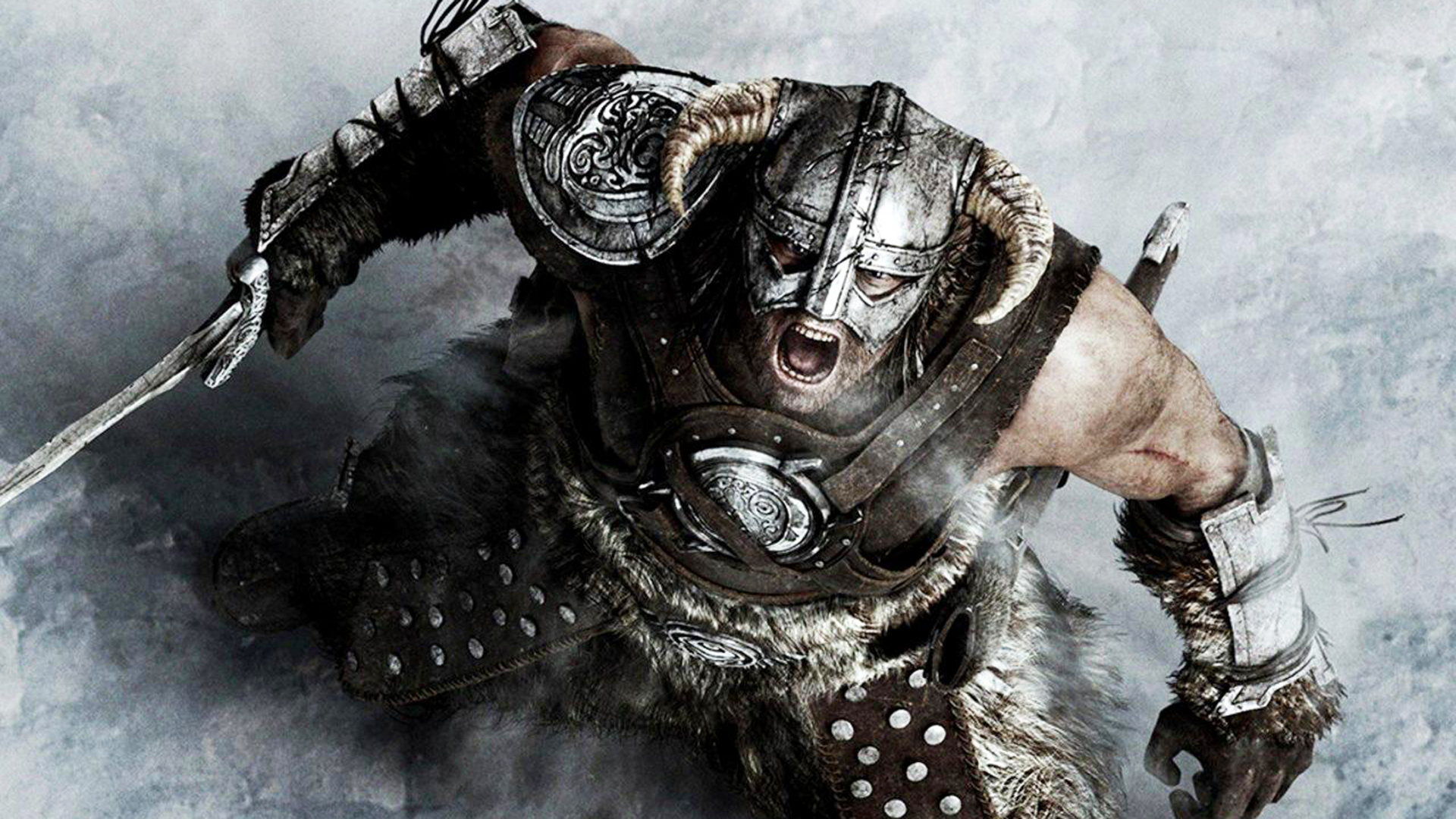
Would you pay $12,000 to escape notice for just three minutes? In GTA Online, perhaps you would. Say you've spent all weekend raiding drug dens, busting open crates at the docks and dancing for the pleasure of oligarchs in order to build a big pile of restricted goods. You've found a buyer, and now is the moment you set off in your plucky cargo plane to make the sale. The potential profits are huge—the equivalent of pulling off a well-choreographed heist. But so are the potential losses. Rockstar, like a trickster god, has put out a global alert to the entire map—tempting every idle player in the city to swing by in a Harrier jump jet, park up in the sky, and blow your hard-won cargo to bits with rockets.
Suddenly, $12k for 180 seconds of amnesty from the public glare of the minimap sounds like a bargain. Sometimes, avoiding the attention of those with more power is the most valuable thing in the world.
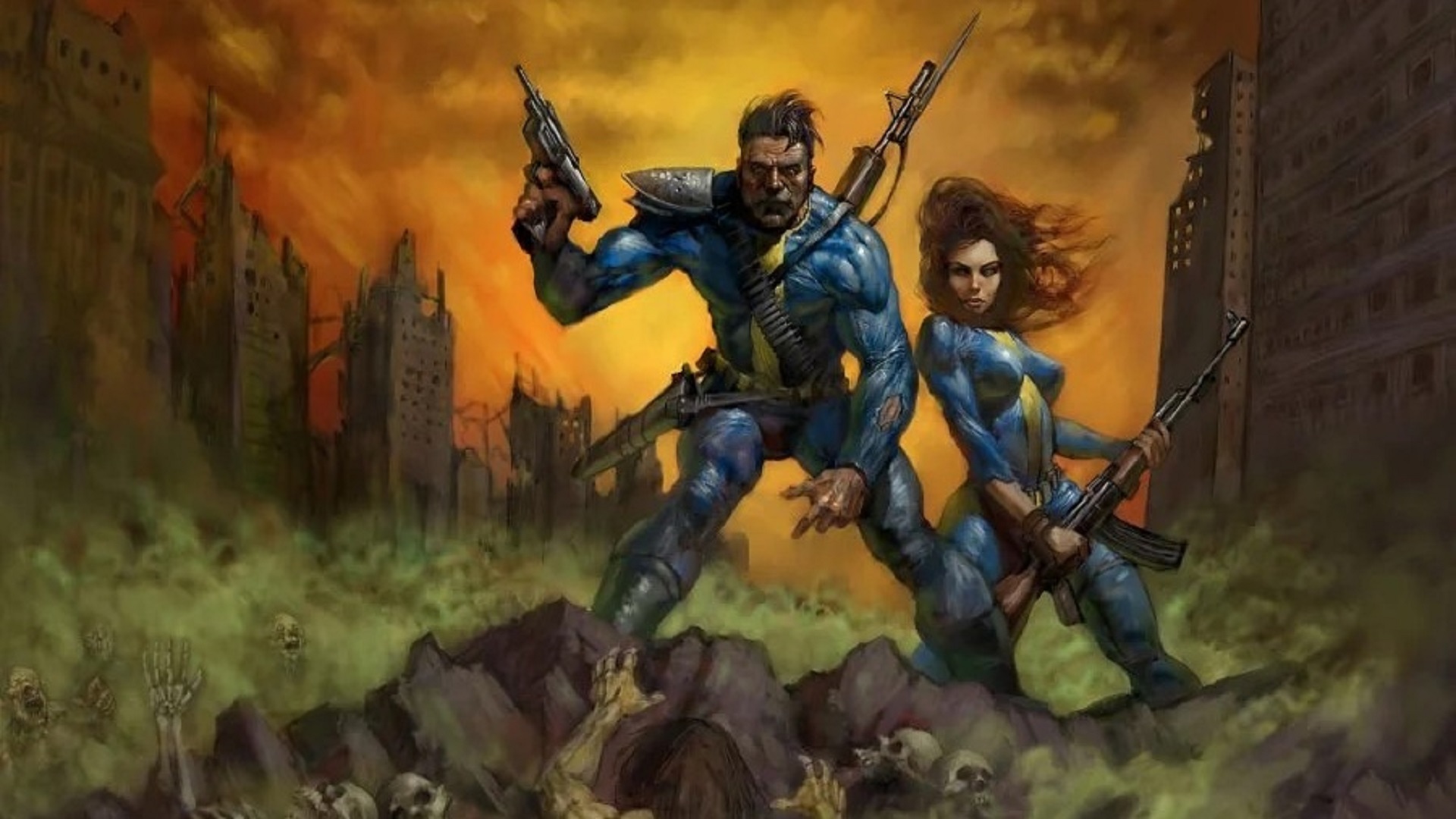
The same principle has been true for game developers, for as long as there have been videogames. Take the making of the original Fallout, which occurred at Interplay in the '90s under the watchful eye of absolutely no-one. "The one thing I would say about Interplay in those days, and this isn't trying to pull the veil back or anything like that—there was just shit going on," Feargus Urquhart told me several years ago. "It was barely controlled chaos. I'm not saying that Brian [Fargo] didn't have some plan, but there was just… stuff."
It's easy to imagine, with a PC gamer's rose-tinted memory of Black Isle, that Interplay back then was a haven for novel RPG ideas. In reality, the publisher was far more excited about the potential of the D&D license than some retrofuturistic '50s fever dream in which there were no clear heroes. When I asked Tim Cain how Fallout survived the pitching process, he quipped: "What do you mean, pitch?"
His team was left mostly unbothered by management throughout development, as Interplay focused on sports games and an online division now forgotten by history, named Engage. Fallout's budget was relatively tiny, and so didn't prompt any questions from accountants. "It was almost like a smokescreen," Urquhart said. "So much money was being pumped into these things that you could go play with your toys and no-one would know."
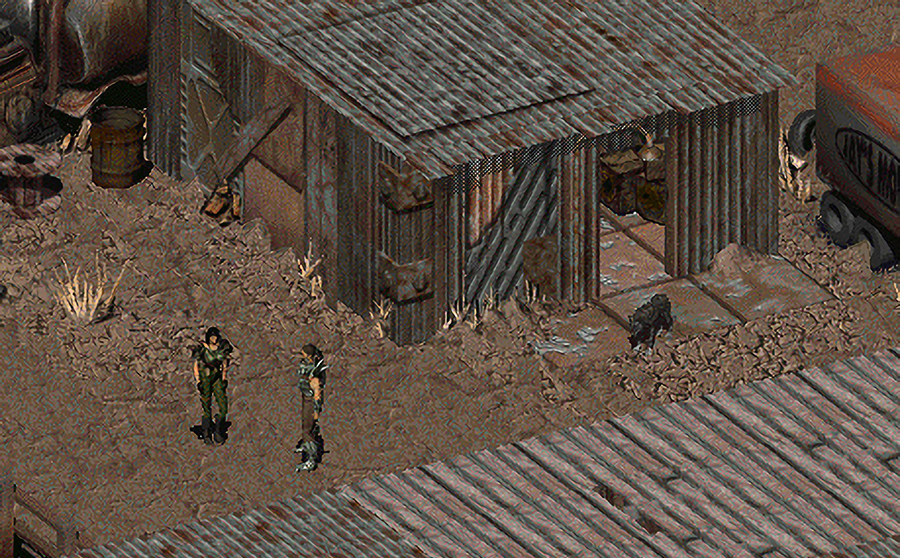
Interplay's jockier mainstream hopes were ultimately irrelevant—while the oddball RPG in the corner became a flagship franchise for the whole industry, winning over millions of players and birthing one of the most-watched shows on TV. An institutional lack of interest wound up becoming the key to Fallout's initial success. It was the edge that allowed Cain's team to run with a truly new idea—one capable of standing out in the crowded field of post-apocalyptic fiction for decades to come.
Of course, it's possible for a publisher to consciously let the artists cook, rather than doing it by accident. Jeff Gardiner, the project lead behind both Fallout 76 and Wyrdsong, says that this was the beauty of Bethesda at its peak. Its parent company, Zenimax, simply didn't get involved in the day-to-day.
"As long as we earned the trust of them, they left us alone," he says. "Which is so important as a creative. We were all designers, and we would understand the importance of our own internal milestones and goals. But if we missed them, it wasn't these alarm bells from people who didn't understand what was going on. We were able to self-correct."
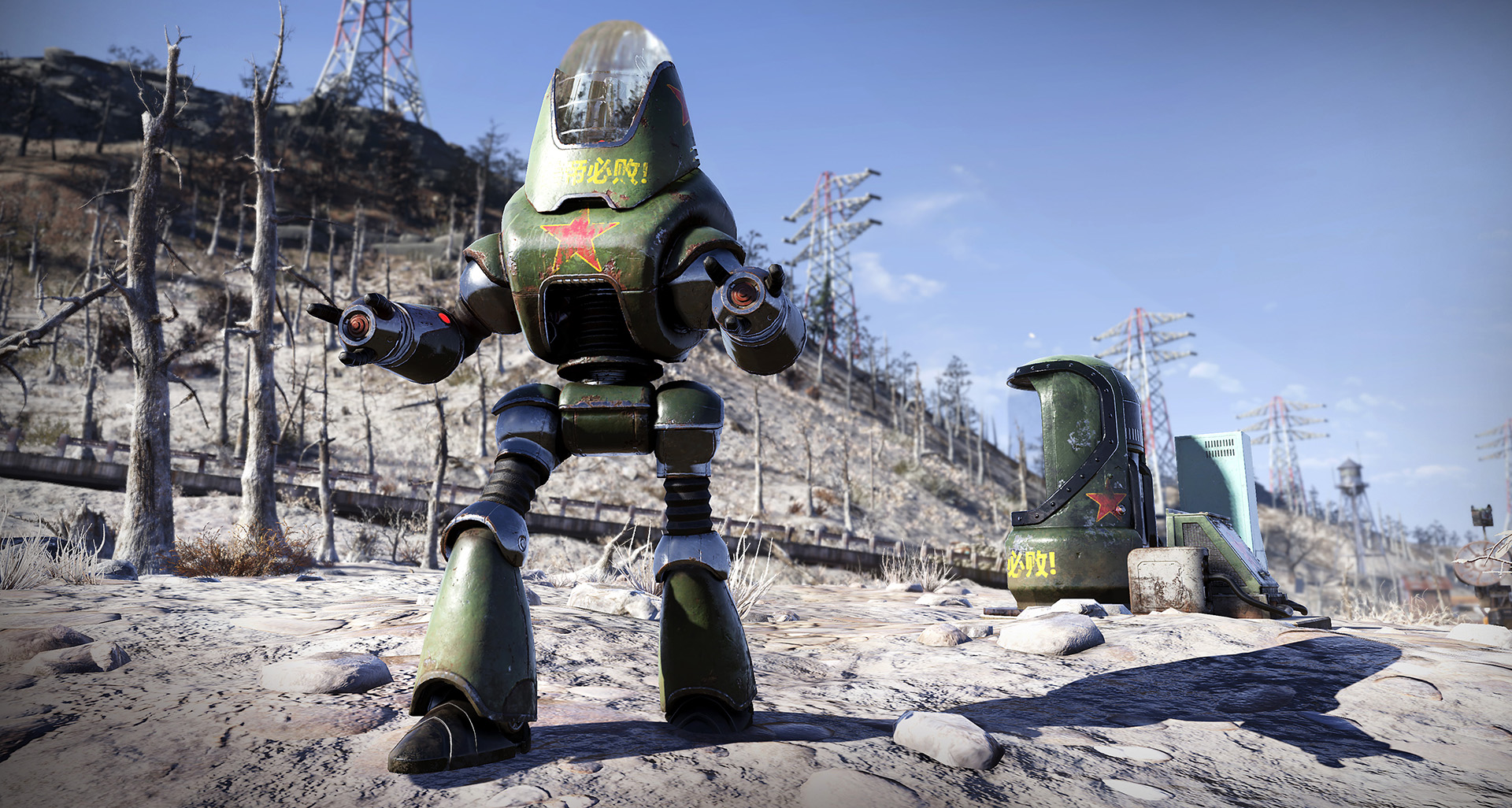
That judicious lack of oversight permeated everything in Bethesda's RPGs, in a positive fashion. "If you ever play a game that you absolutely love, I guarantee you, the people making it loved it too," Gardiner says. "I don't think it's possible to make a [great] game where people either don't like the working environments or feel like cogs in a machine. Because it requires a passion and energy that doesn't come from that."
Bethesda's self-governance resulted in charming Skyrim absurdities like ants who cast shadows, and a headless horseman who could only be spotted when the moon was at its height. "That's the kind of stuff that somebody who's keeping track of a schedule goes, 'Well, is that really a good use of time? No one's ever going to see this.'" Gardiner says. "There's a million reasons not to do that, but that's the fun of it. You just do it, and then ask for forgiveness rather than permission."
It's these many minor bespoke elements - and the larger collage of pleasant surprises they contribute to—that PC gamers associate with Bethesda at their best. "There are certain open-world games, not by Bethesda, that I call the checklist games," Gardiner says. "Subconsciously, the people who get their checklist of tasks make the game about a checklist of tasks."
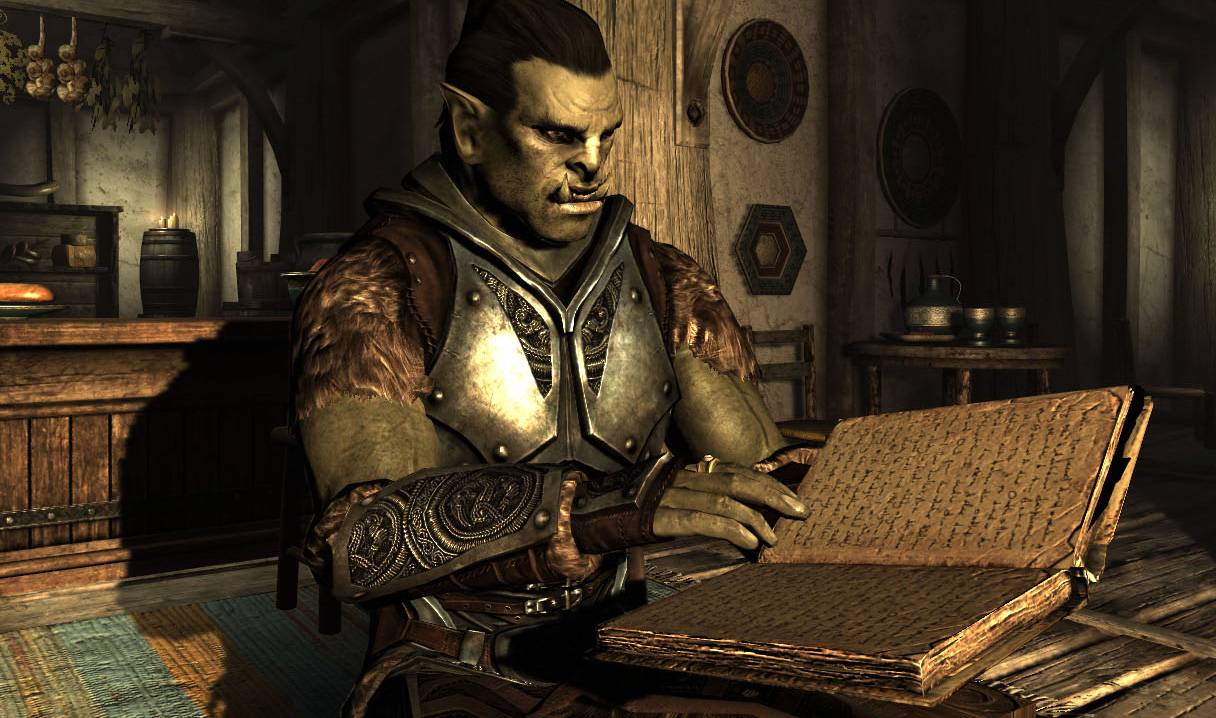
The principle of flying under the radar scales higher than you might imagine. The larger the operation you're a part of, the bigger you can be without drawing the kind of attention which causes trouble. Think about Xbox, which for a long time was able to acquire a number of arty game studios and give them years to work away on their respective projects. Double Fine, inXile, Ninja Theory, Obsidian—all critical darlings who didn't show immediate signs of producing the industry's next monster hit.
It was only after Xbox set its tractor beam on Activision-Blizzard that things appeared to change. The sound of its wrenching was heard across continents, and drew Microsoft into negotiations with antitrust regulators in a long and complicated deal approval process. It also made Xbox a much bigger part of Microsoft's business—attracting the great eye of Redmond.
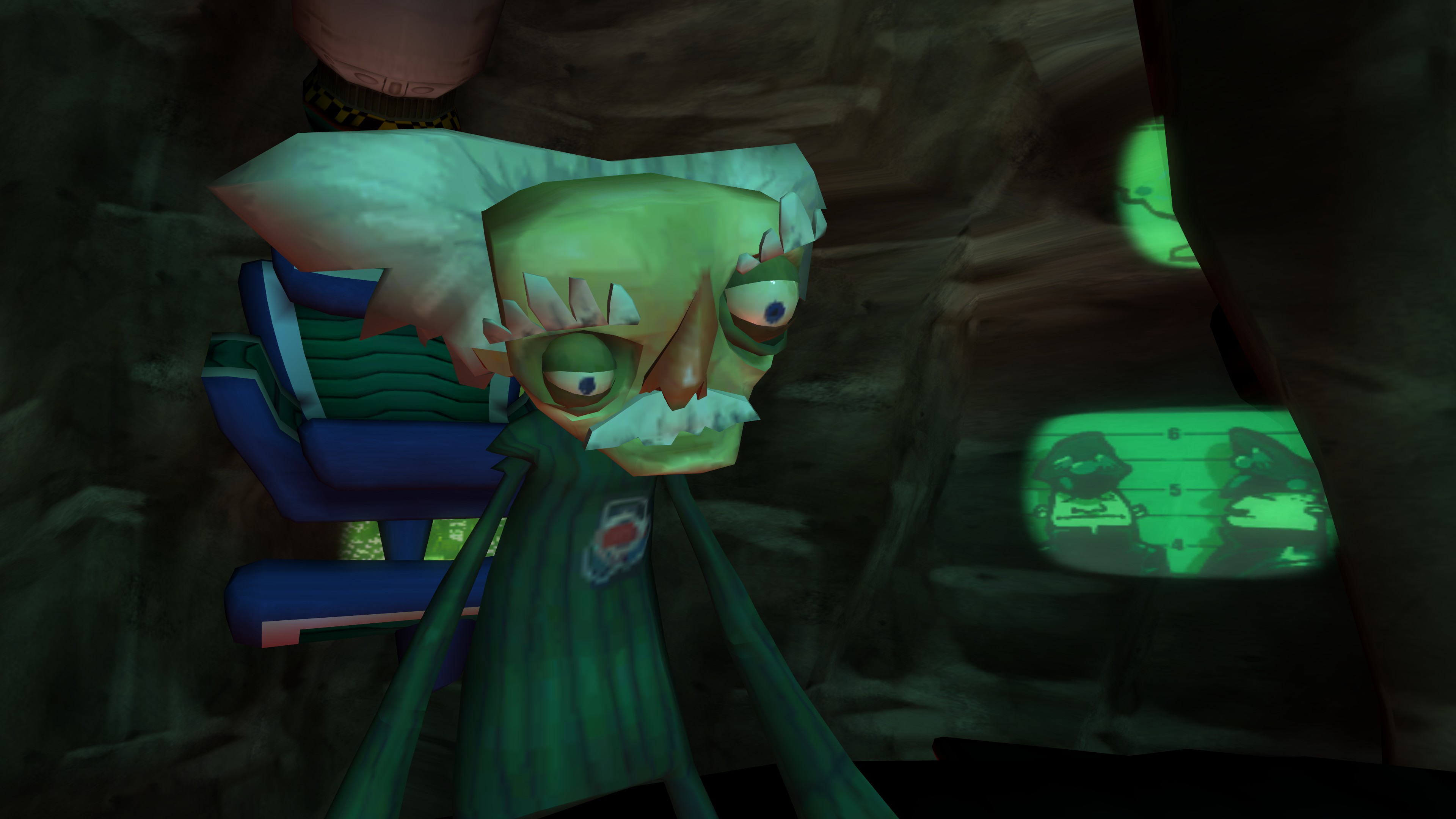
Since then, we've seen the closures of beloved Xbox-owned outfits like Arkane Austin and Tango Gameworks (the latter belatedly resurrected by Krafton, but only after half of its staff had already found jobs elsewhere). The extra attention from Microsoft HQ doesn't seem to have done Xbox studios much good at all. "With Activision under its wing, Microsoft is no longer the company of Game Pass, focused squarely on stuffing an industry-leading subscription service with a steady flow of must-play games," wrote former Edge editor Nathan Brown in his newsletter, Hit Points. "It is now the company of Call Of Duty on PlayStation, of World of Warcraft on PC, of Candy Crush on phones and Minecraft on everything."
Let us hope that the shadows cast by the likes of COD and Candy Crush are large enough to conceal a bold project or three. Because that is where Microsoft is most likely to get its next Fallout: in the dark corners that escape its scrutiny.







